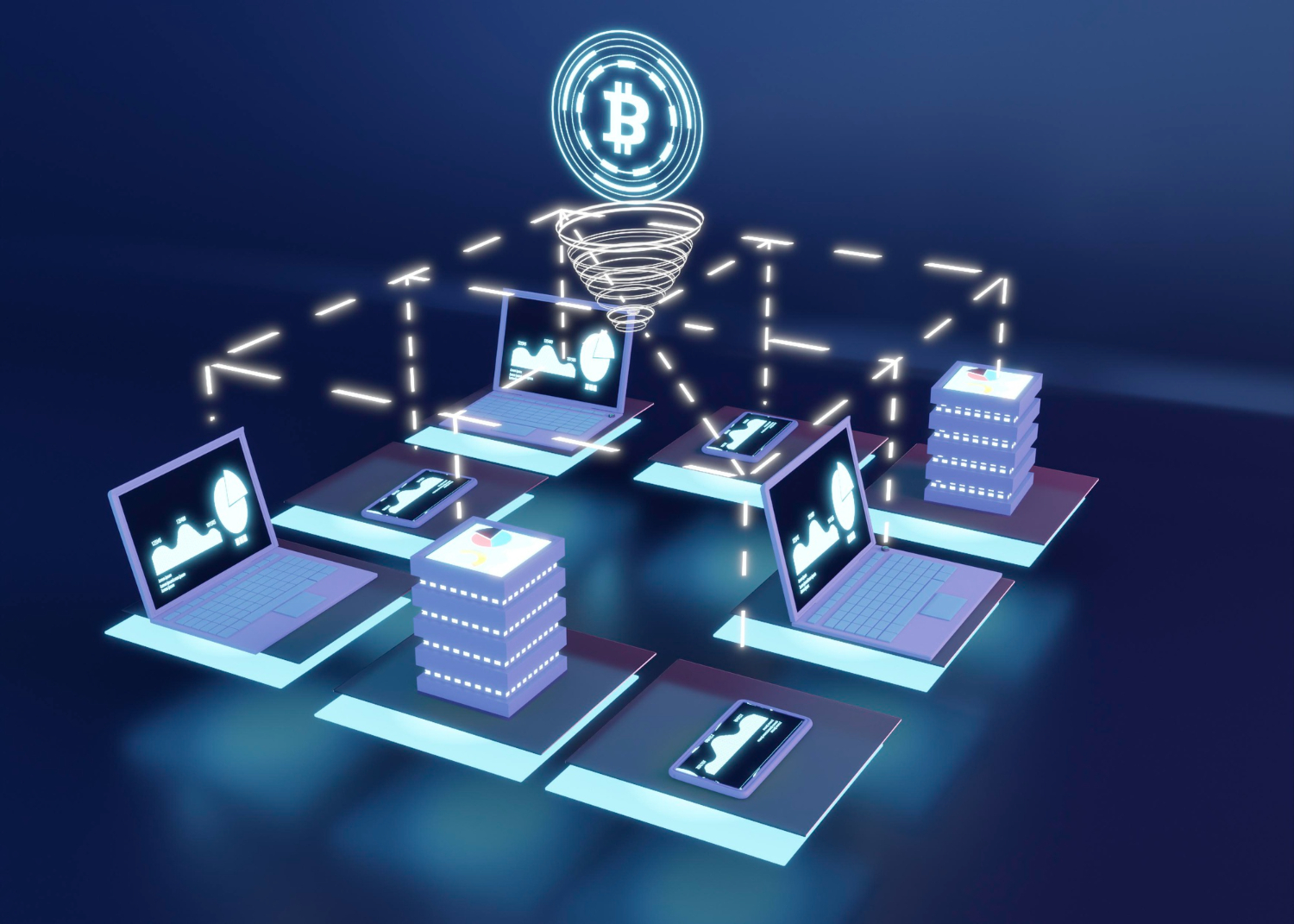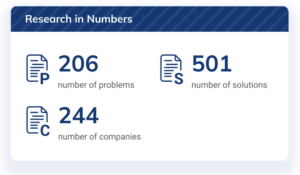
 What are Decentralized Finance Applications?
What are Decentralized Finance Applications?
Today, almost every aspect of banking, lending, and trading is managed by centralized systems that are operated by governing bodies and gatekeepers.
Consumers must work with a host of financial middlemen if they want to complete any kind of financial transaction, be it everyday banking, securing a loan, or stock trading. These middlemen – such as banks, exchanges, and lenders – all earn a percentage of every financial and banking transaction as profit.
Decentralized finance challenges this status quo by placing greater financial control into the hands of the consumer.
What Is Decentralized Finance (DeFi)?
Decentralized finance, also known as DeFi, uses cryptocurrency and blockchain technology to divorce capital – as well as financial products and services – from traditional financial institutions. In this way, consumers can bypass middlemen to access a wide range of financial services from everyday banking to loans and mortgages and even more complex contractual relationships and asset trading
Is Decentralized Finance Good?
Proponents of DeFi argue that this technology democratizes finance by replacing legacy, centralized institutions with peer-to-peer exchanges. This allows consumers to take greater control of their financial transactions.
For example, when transactions are made in conventional checking accounts, the actions are recorded in a private ledger (the banking transaction history) which is owned and managed by a large financial institution.
Blockchain, on the other hand, allows all parties using a DeFi application to access an identical copy of the public ledger. Anonymous parties using the same blockchain verify and record transactions by solving complex math problems and adding new blocks of transactions to the chain. This secure system provides users with anonymity, while also providing verification of payments and a record of asset ownership that’s practically impossible to alter by fraudulent activity.
The Advantages of DeFi Applications
- No fees: such as those charged by banks and other financial institutions.
- E-wallets: DeFi developers are creating e-wallets that can operate independently of the largest cryptocurrency exchanges. These digital wallets will give investors access to everything from cryptocurrency to blockchain-based games.
- Accessibility: All that is required to complete a transaction is access to the internet (no approval process).
- Speed: Transactions occur much faster than traditional transfers (in a matter of seconds and minutes as compared to hours and days).
- Decentralized exchanges (DEXs): These centralized exchanges – such as Coinbase or Gemini – facilitate peer-to-peer financial transactions while allowing users to retain control of their assets.
- Stablecoins: Unlike cryptocurrencies, stablecoins are relatively stable in value because they are tied to non-crypto currencies, like the euro or US dollar.
- Yield harvesting: DeFi makes it possible for speculative investors to lend crypto. DeFi borrowing platforms pay investors for agreeing to loans using proprietary coins. If these coins appreciate, investors stand to reap substantial rewards.
- Non-fungible tokens (NFTs): NFTs transform traditionally non-tradable assets – like digital perfume or Jack Dorsey’s first tweet – into tradeable digital assets. In other words, NFTs commodify the previously uncommodifiable.
- Flash loans: These are cryptocurrency loans that allow you to borrow and repay funds in the same transaction. They might be thought of as decentralized arbitrage. In this flow, borrowers have the potential to make money by entering into a contract encoded on the Ethereum blockchain that borrows funds, executes a transaction, and repays the loan instantly. If the transaction can’t be executed, or it’ll be at a loss, the funds automatically go back to the loaner.
What is the disadvantage of defi?
*OECD (2022), “Institutionalisation of crypto-assets and DeFi–TradFi interconnectedness”, OECD Business and Finance Policy Papers, No. 01, OECD Publishing, Paris, https://doi.org/10.1787/5d9dddbe-en.
As with any emerging trend, DeFi comes with risks since it has not been stress-tested by long or widespread use. As such, national governments are looking closely at the systems DeFi applications employ, with an eye toward regulation.
Some of the other risks of DeFi include:
- No consumer protections: In centralized finance, regulators/authorities, for instance, the Federal Deposit Insurance Corp. (FDIC), reimburse deposit account holders up to a specific amount of money per account, per institution if a bank fails. Moreover, banks are legally required to retain a certain amount of their capital as reserves: both to maintain stability and to cash you out of your account any time you need. No similar protections exist in DeFi.
- Hacking: While a blockchain may be nearly impossible to alter, other aspects of DeFi are at large risk of being hacked, which can lead to funding theft or loss. All of the decentralized finance’s potential use cases rely on software systems that are vulnerable to hackers.
- Collaterals: Collateral is a thing of value used to secure a loan. When you get a mortgage, for instance, the loan is collateralized by the home you’re buying. Nearly all DeFi lending transactions require collateral equal to at least 100% of the value of the loan, if not more. These requirements vastly restrict who is eligible for many types of DeFi loans.
- Private key requirements: With DeFi and cryptocurrency, you must secure the wallets used to store your cryptocurrency assets. Wallets are secured with private keys, which are long, unique codes known only to the owner of the wallet. If you lose a private key, you lose access to your funds—there is no way to recover a lost private key.
Will DeFi replace banks?
It’s doubtful that DeFi will completely replace banks – at least, not any time soon. However, the breakneck pace at which decentralized finance applications and markets have evolved signifies that DeFi is here to stay.
Sources
- https://www.investopedia.com/decentralized-finance-defi-5113835
- https://www.forbes.com/advisor/investing/cryptocurrency/defi-decentralized-finance/
- https://www.coindesk.com/tech/2022/01/20/understanding-defi-and-its-importance-in-the-crypto-economy/
- https://www.oecd.org/publications/institutionalisation-of-crypto-assets-and-defi-tradfi-interconnectedness-5d9dddbe-en.htm

